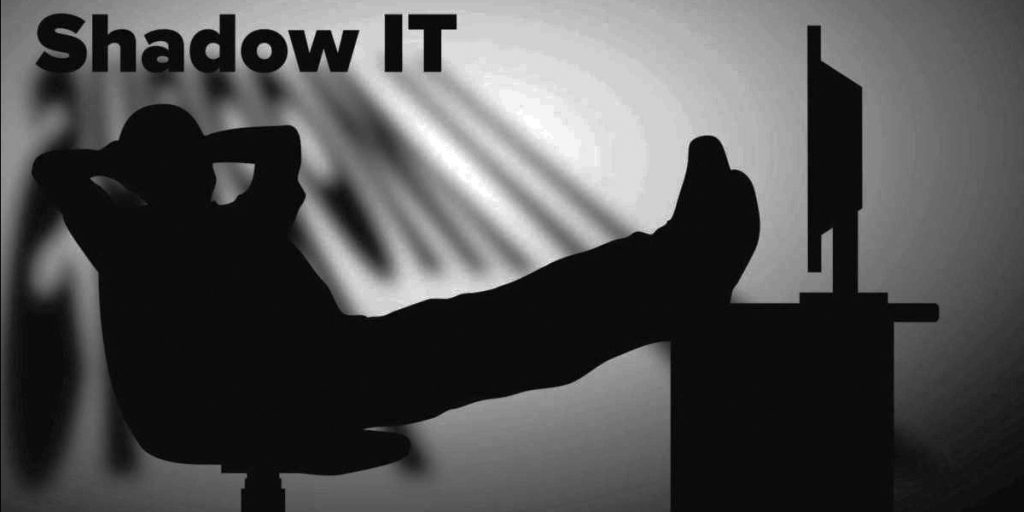
The UMBC Cyber Defense Lab presents
Shadow IT in Higher Education: Survey and Case Study for Cybersecurity
Selma Gomez Orr, Cyrus Jian Bonyadi, Enis Golaszewski, and Alan T. Sherman
UMBC Cyber Defense Lab
Joint work with Peter A. H. Peterson (University of Minnesota Duluth), Richard Forno, Sydney Johns, and Jimmy Rodriguez
12-1:00 pm, Friday, 3 December 2021, online via WebEx
We explore shadow information technology (IT) at institutions of higher education through a two-tiered approach involving a detailed case study and comprehensive survey of IT professionals. In its many forms, shadow IT is the software or hardware present in a computer system or network that lies outside the typical review process of the responsible IT unit. We carry out a case study of an internally built legacy grants management system at the University of Maryland, Baltimore County that exemplifies the vulnerabilities, including cross-site scripting and SQL injection, typical of such unauthorized and ad-hoc software. We also conduct a survey of IT professionals at universities, colleges, and community colleges that reveals new and actionable information regarding the prevalence, usage patterns, types, benefits, and risks of shadow IT at their respective institutions.
Further, we propose a security-based profile of shadow IT, involving a subset of elements from existing shadow IT taxonomies, that categorizes shadow IT from a security perspective. Based on this profile, survey respondents identified the predominant form of shadow IT at their institutions, revealing close similarities to findings from our case study.
Through this work, we are the first to identify possible susceptibility factors associated with the occurrence of shadow IT-related security incidents within academic institutions. Correlations of significance include the presence of certain graduate schools, the level of decentralization of the IT department, the types of shadow IT present, the percentage of security violations related to shadow IT, and the institution’s overall attitude toward shadow IT. The combined elements of our case study, profile, and survey provide the first comprehensive view of shadow IT security at academic institutions, highlighting the tension between its risks and benefits, and suggesting strategies for managing it successfully.
Dr. Selma Gomez Orr ( ) received her Ph.D. from Harvard University in the field of decision sciences. She also holds Masters degrees in applied mathematics, engineering sciences, and business administration, also from Harvard. She has worked in the private sector in the fields of cybersecurity and data analytics. Most recently, as a CyberCorps Scholarship for Service (SFS) Scholar, Dr. Orr completed a Master’s of Professional Studies in both cybersecurity and data science at UMBC.
Cyrus Jian Bonyadi ( ) is a computer science Ph.D. student and former SFS scholar studying consensus theory at UMBC under the direction of Alan T. Sherman, Sisi Duan, and Haibin Zhang.
Enis Golaszewski ( ) is a Ph.D. student at UMBC under Alan T. Sherman where he studies, researches, and teaches cryptographic protocol analysis. A former SFS scholar, Golaszewski helps lead annual research studies that analyze and break software at UMBC.
Dr. Alan T. Sherman () is a professor of computer science, director of CDL, and associate director of UMBC’s Cybersecurity Center. His main research interest is high-integrity voting systems. Sherman earned the Ph.D. degree in computer science at MIT in 1987 studying under Ronald L. Rivest.
Host: Alan T. Sherman, . Support for this event was provided in part by the National Science Foundation under SFS grant DGE-1753681. The UMBC Cyber Defense Lab meets biweekly Fridays 12-1 pm. All meetings are open to the public. Upcoming CDL Meetings: Feb 4, Filipo Sharevski